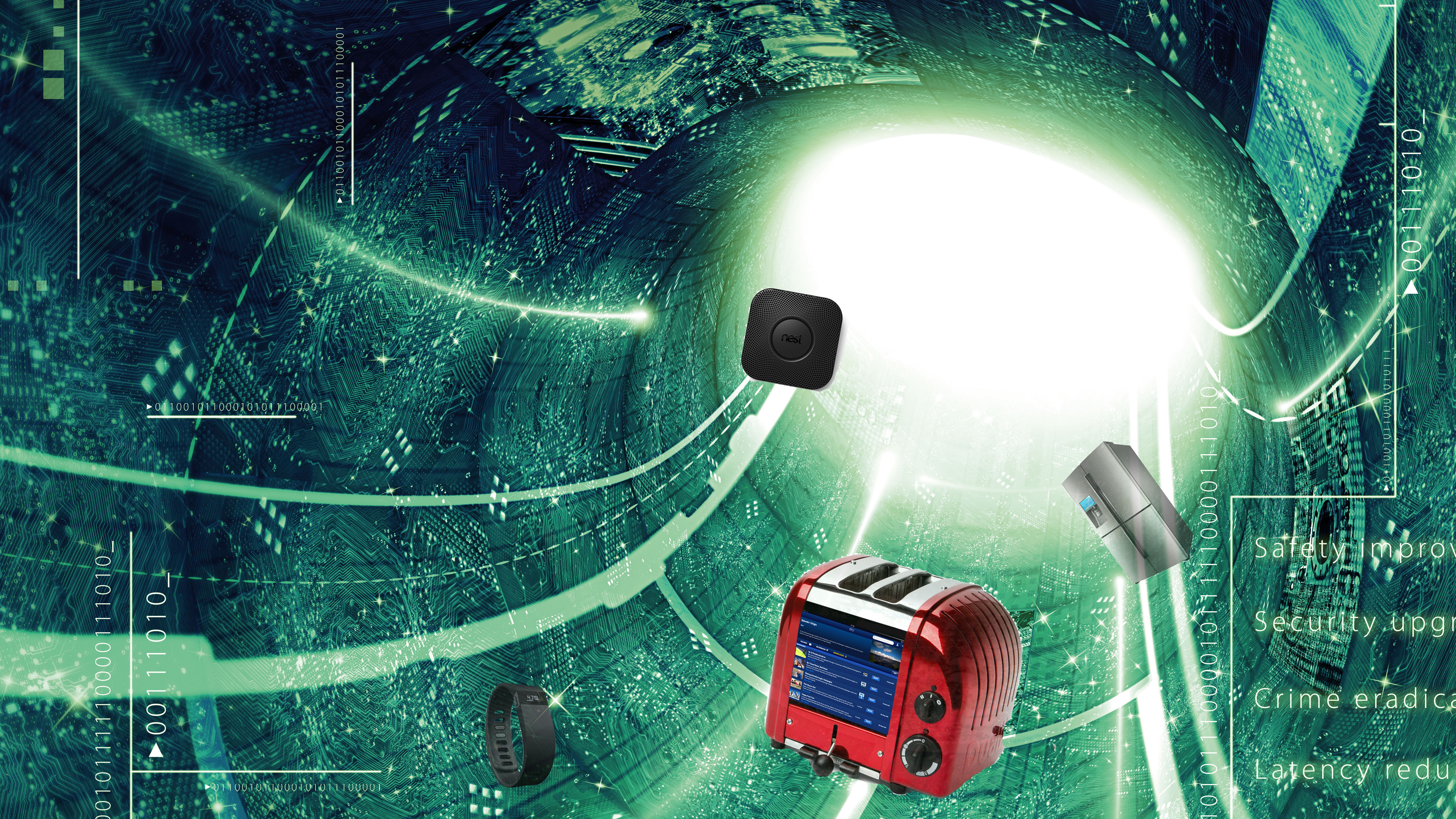Is Google trying to make native applications obsolete?
The Physical Web just might

Sign up for breaking news, reviews, opinion, top tech deals, and more.
You are now subscribed
Your newsletter sign-up was successful
Google is embarking on a project that will let you interact with any smart device via your mobile Chrome browser. The project, dubbed "The Physical Web," seeks to do away with the need for native applications in order to create machine-to-device interactions.
The Physical Web was launched on GitHub by Scott Jenson, Google's interaction and user experience designer. On the page, Google claims The Physical Web "isn't about replacing native apps: it's about enabling interaction when native apps just aren't practical."
Google lists the following practical use cases for the project: A bus stop that tells you the next bus arrival; parking meters and vending machines that let you pay quickly and easily via your mobile device; a ZipCar that broadcasts a signup page as you walk by, thereby allowing you to immediately register and drive away.
Internet of Things?
If this sounds eerily similar to The Internet of Things, it is. Both The Physical Web and The Internet of Things are designed to provide machine-to-machine connections that improve user experiences based on data. However, rather than banking on device users to download manufacturer apps for each digital interaction, Google is trying to make Chrome the host of these connections.
Google is defining The Physical Web as a discovery service that broadcasts URLs to nearby devices. The URLs can feature a web page with just a tiny paragraph of information, a fully interactive web page, or a deep link into a native application, according to Google.
Sign up to the TechRadar Pro newsletter to get all the top news, opinion, features and guidance your business needs to succeed!